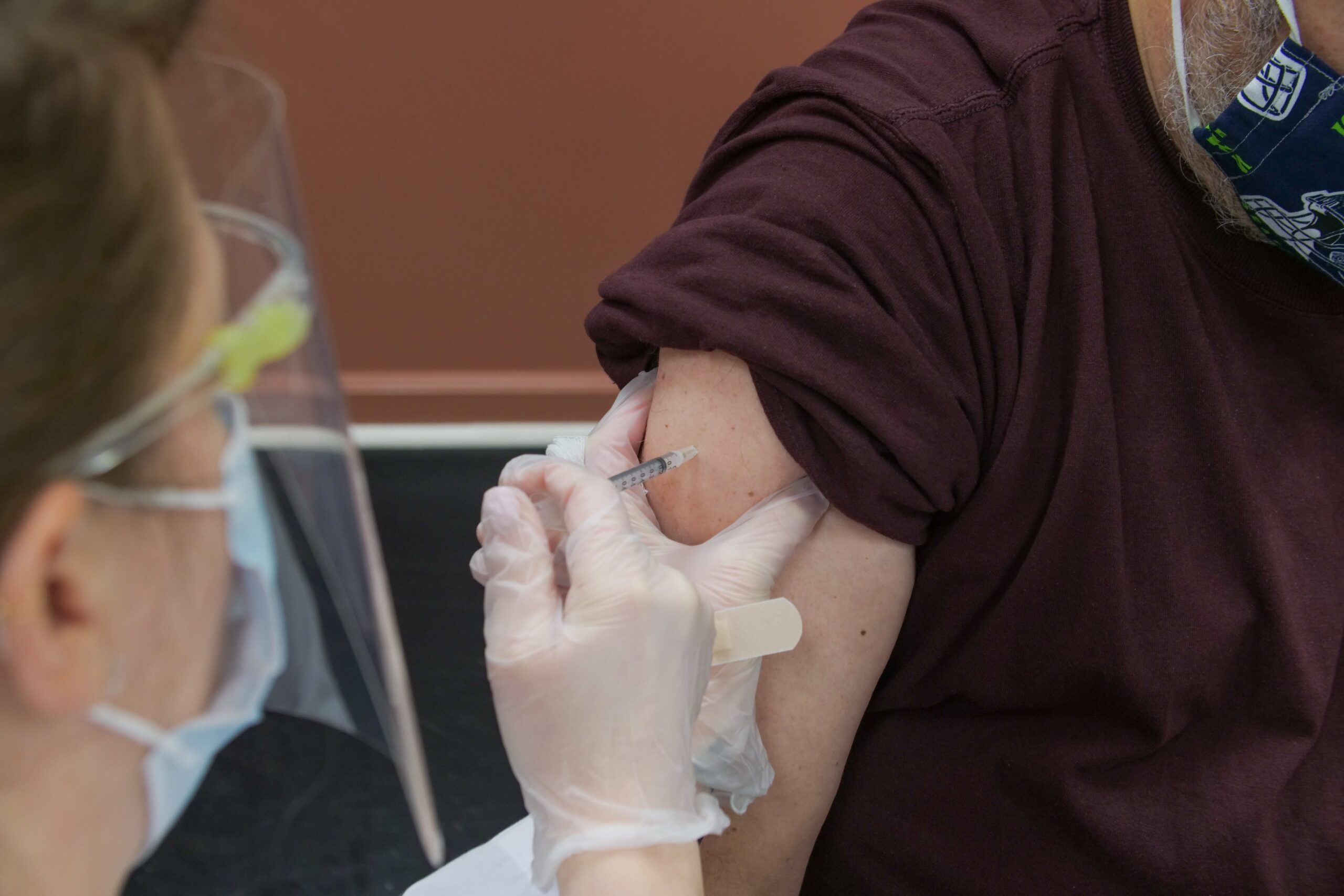Could fraudsters exploit the COVID-19 vaccine?


The world is still firmly locked in its struggle with COVID-19 and, despite the recent discovery of new variants of the disease, the development of several vaccines has provided a glimpse of light at the end of the tunnel.
However, with such high demand – and limited supply – for the vaccines, there is a chance that the situation will be exploited by fraudsters.
The most obvious way fraudsters might look to take advantage of the demand for the vaccine is by creating fakes. The unscrupulous may look to market vaccines to the wider public through websites and emails and will even go so far as to set up shell companies to offer the vaccine. In December 2020, Trading Standards Scotland, warned the public that organised gangs may advertise and sell fake Covid-19 vaccines, both physically and online.
Fraudsters have become adept at social engineering scams, using impersonation techniques to trick victims into giving up personal or sensitive information. The COVID-19 vaccine gives scammers the opportunity to target companies involved in making or distributing the vaccine as well as individuals hoping to get access to it.
Talking to tech publication Verdict in November, Jake Moore, cybersecurity specialist at antivirus specialists Eset, said: “Covid-19 research centres are inevitably going to be targeted by criminal groups from around the world over the next 12 months…Social engineering and highly-targeted phishing campaigns are still relatively successful and staff need to have measures in place to resist any misfortunate clicking or downloading.”
The limited supply of the vaccine means that those in charge of its distribution are an immediate bribery and corruption risk. It also opens the possibility to the creation of an illicit market for COVID-19 vaccines, with those with access to the vaccine selling it on those willing to pay a premium.
In an interview with health and medicine publication, Stat, bioethicist Arthur Caplan of New York University said: “There absolutely will be a black market. Anything that’s seen as lifesaving, life-preserving, and that’s in short supply creates black markets.”
Companies involved in the making or distribution of the vaccine will see their risks of being involved in a cyber-attack increase dramatically. In fact, cyber-attacks relating to the vaccine have already happened. In December 2020, the European Medicines Agency was hacked, with the cyber criminals stealing documents relating to the Pfizer and BioNTech vaccine.
There are several things that companies and individuals can do to make sure that they do not fall prey to COVID-19 vaccine scams. David Howes, our Global Head of Financial Crime Compliance, says: “Companies involved with the vaccine must be extra vigilant as they face heightened fraud risk during roll-out. Businesses involved in making or transporting the vaccine – or the supply chain – are at risk from cyber-espionage campaigns seeking vaccine related data.”
“Both businesses and individuals should approach any email relating to the vaccine with caution. Phishing emails with malicious attachments or links remain the main ways criminals successfully gain confidential information.”
Beating the fraudsters: Lean more on how to protect yourself from scams
Read more